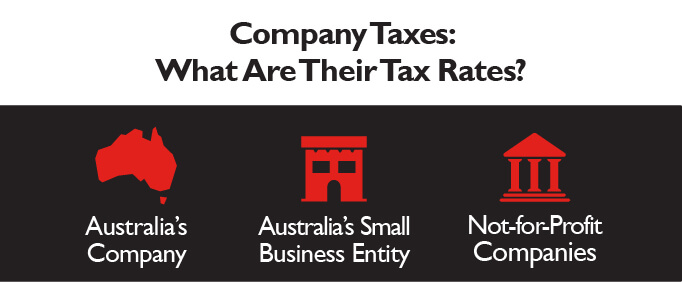How Much Tax Does a Business Pay?
Running a business is a complex endeavor that involves various financial responsibilities, one of which is paying taxes. Taxes are a crucial aspect of a business’s financial health, and understanding how much tax a business pays is essential for both new and established entrepreneurs. In this article, we will delve into the world of business taxes, exploring the different types of taxes businesses must pay and the factors that influence the amount they owe. How much tax does a business pay?
The Types of Business Taxes
Businesses are subject to several types of taxes, each with its own set of rules and regulations. Here are the main types of taxes that businesses typically pay:
1. Income Tax

How much tax does a business pay?
Income tax is one of the most significant tax obligations for businesses. It is based on the net income a business earns during a fiscal year. In many countries, businesses are classified as either sole proprietorships, partnerships, corporations, or LLCs, and the tax treatment varies for each type.
Sole Proprietorships and Partnerships: In these business structures, business income is reported on the owner’s or partners’ personal tax returns. The profits are taxed at the individual tax rates of the owner or partners.
Corporations: Corporations are separate legal entities, and they pay income tax on their profits. The corporate tax rate can vary, depending on the country and the company’s income.
Limited Liability Companies (LLCs): LLCs are often treated similarly to sole proprietorships or partnerships for tax purposes, but they have some flexibility in how they elect to be taxed.
2. Employment Taxes
Businesses with employees are responsible for withholding and paying employment taxes. These taxes include Social Security, Medicare, and federal and state income taxes. Employers must also pay their share of Social Security and Medicare taxes.
3. Sales Tax
Sales tax is a consumption tax that businesses collect from customers when they make a purchase. The rates and regulations for sales tax vary by location, so it’s essential for businesses to understand their local sales tax requirements.
4. Property Tax
Businesses that own real property, such as land, buildings, or equipment, may be subject to property taxes. The tax rate is determined by the value of the property and the local tax assessment.
5. Excise Tax
Excise taxes are levied on specific goods and services, such as alcohol, tobacco, gasoline, and certain luxury items. Businesses that sell these products are responsible for collecting and remitting excise taxes to the government.
Factors Influencing Business Tax Payments
The amount of tax a business pays is influenced by various factors, including:
1. Business Structure
As mentioned earlier, the type of business structure you choose (sole proprietorship, partnership, corporation, or LLC) affects your tax liability. Different structures have different tax treatment and rates.
2. Income and Profitability
The amount of income and profitability of your business is a significant determinant of your tax liability. Generally, the higher your profits, the more taxes you’ll owe.
3. Location
Tax rates and regulations can vary significantly by location. State and local taxes can have a significant impact on your overall tax burden. Some areas offer tax incentives to attract businesses, so it’s essential to consider location when setting up your business.
4. Deductions and Credits
Businesses can reduce their tax liability through deductions and tax credits. Common deductions include expenses related to running the business, such as rent, employee salaries, and office supplies. Tax credits can apply to various activities, such as research and development or hiring certain disadvantaged groups.

5. Compliance and Reporting
Properly reporting income, expenses, and complying with tax laws is crucial. Failing to do so can lead to penalties and fines. Many businesses hire accountants or tax professionals to ensure compliance and optimize their tax strategies.
Conclusion
Understanding how much tax a business pays is vital for financial planning and compliance with tax laws. Business owners should be aware of the various types of taxes they may be subject to and the factors that influence their tax liability. By carefully managing their finances, taking advantage of deductions and credits, and staying compliant with tax regulations, businesses can optimize their tax payments and contribute to their long-term success.
In summary, while taxes are an inevitable part of running a business, they can be managed effectively with proper knowledge and planning. Always consult with a tax professional or accountant to ensure your business meets its tax obligations while maximizing its financial health. https://cbdtax.com.au/company-business-restructuring/

